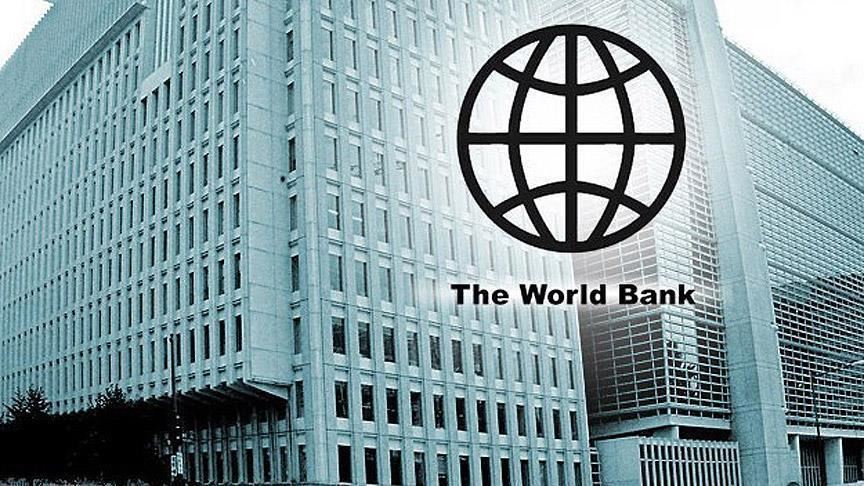Sub-Saharan Africa should, in the face of the economic impact from Covid-19, suffer a decline in growth, Albert Zeufack, Chief Economist at the World Bank for Africa said.
Mr. Zeufack, who, in an interview with the institution, was answering questions from Internet users, stated that “because of the coronavirus (Covid-19), growth in Sub-Saharan Africa will fall from 2.4 percent in 2019 to a range between -2 and -5 percent in 2020.”
The Covid-19 pandemic, which is plunging sub-Saharan Africa into its first recession in 25 years, will also have an impact on social welfare, Mr. Zeufack said, pointing out that the bank’s report showed that “the welfare of individuals in Africa could fall by 7 percent.”
He added: “When we talk about welfare, we are talking about the declines in consumption and income that people in Africa, who are currently confined and do not go out, will suffer”.
The World Bank official warned that this “impact will be very negative.”
According to the World Bank’s assumptions, if the catastrophic assumption of a Covid-19 crisis continues until 2021, welfare losses could amount to more than 10 percent and in a worse case scenario, if there is no intra-African trade, welfare losses could exceed 14 percent.
For the major economies that are the engines of growth in Africa, including South Africa, Nigeria and Angola, which account for 60 percent of the continent’s GDP, Mr. Zeufack said they will be “severely affected” by the pandemic.
In addition, he said, growth in these three countries is likely to be “negative or around -7 to -8 percent,” while the average decline in growth for 2020 indicates -2 percent.
This is due to timid growth before the crisis and their dependence on oil and minerals.
Growth in big African countries will be very negative, while in contrast other nations on the continent that are a little more diversified, including among others, Ethiopia, Rwanda, Senegal, Cote d’Ivoire, and Ghana, which were growing at more than 7 percent will also be hit, he warned.
However, their growth will remain marginally positive but these countries will also be hit, he added.
Against this backdrop, the World Bank plans to address countries’ concerns on an individual basis with the need for collective action.
Faced with the impacts of Covid-19, the World Bank advised African countries to do two things in parallel.
The first is to save lives by focusing on all programmes that will help contain the pandemic, and also protect individuals, households and businesses.
This should prevent a sudden halt in economic activities, massive unemployment and the collapse of economies.
The World Bank has raised over $160 billion to assist countries around the globe.
Sub-Saharan Africa is facing an unprecedented health and economic crisis that threatens to affect its economic performance, reversing the progress made in recent years.
AP/ls/lb/as/APA


